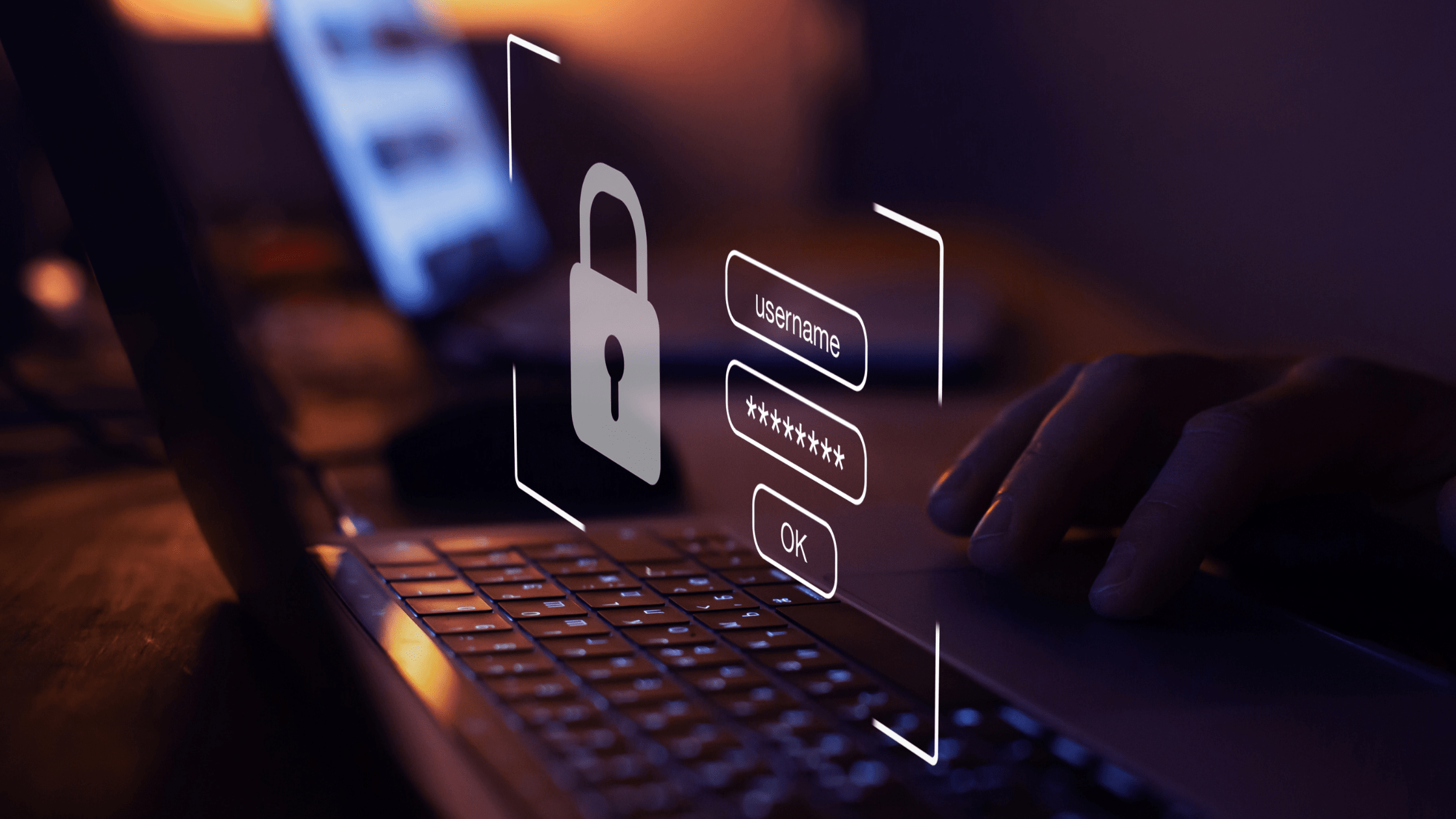Strategies for Enhancing Network Security
Ensuring network security is an essential aspect of running a business today. With cyber-attacks becoming more sophisticated every day, it’s only a matter of time before you become a target. Direct costs will be high, however the indirect costs can be much higher, including the loss of productivity, reputation damage, and regulatory fines. Therefore, it’s imperative to put measures in place that enhance network security. This blog will discuss some strategies for enhancing network security, especially for schools, small businesses, and corporations.
Provide Security Awareness Training for Employees
The most vulnerable aspect of your network security lies within your own employees. Hackers often exploit the unsuspecting nature of employees in order to infiltrate and obtain critical company information. One effective strategy to mitigate this risk is by implementing regular security awareness training programs for your employees. These comprehensive training sessions can encompass a wide range of crucial topics, such as proper password management techniques, recognizing and preventing phishing attacks, and understanding the intricacies of social engineering tactics. By actively investing in the continuous development of your employees’ knowledge and awareness, they will become more equipped to identify and respond appropriately to the multitude of threats they may encounter in their professional roles. This proactive approach not only enhances the overall security posture of your organization, but also fosters a culture of vigilance and empowerment among your workforce.
Implement Strong Password Policies
Passwords play a crucial role as the initial line of defense in safeguarding against cyber-attacks. It is important to address the alarming prevalence of weak passwords among employees, such as the commonly used and easily guessable “password123”. When weak passwords are utilized, they inadvertently provide hackers with an effortless pathway to breach your network. This highlights the criticality of implementing a robust password policy that mandates employees to employ complex passwords comprising a combination of uppercase and lowercase letters, numbers, and special characters. By incorporating these multi-faceted elements, passwords gain an extra layer of protection. Additionally, to further enhance their effectiveness, it is imperative to enforce regular password changes. This ensures that passwords remain dynamic and resilient, effectively deterring unauthorized access attempts.

Regularly Update Software
Hackers are known for their expertise in exploiting vulnerabilities in both software and hardware, allowing them unauthorized access to your network. Fortunately, many software vendors regularly release updates that encompass critical security patches specifically designed to tackle known vulnerabilities. By diligently keeping your software up to date, you significantly decrease the probability of experiencing a successful cyberattack. Thus, implementing these practices ensures the heightened security of your network and the protection of your valuable data and information.
Use Multifactor Authentication

Multifactor authentication significantly enhances the security of your network by incorporating multiple layers of identity verification. By requiring users to provide more than just a password, such as a unique one-time code, it adds an extra level of protection against unauthorized access. This additional security measure mitigates the risks associated with password-based authentication, such as password guessing, phishing attacks, and credential theft. With multifactor authentication, even if an attacker manages to obtain one factor, they would still need to bypass the other layers of authentication to gain unauthorized access, making it much more challenging for them to infiltrate your network. Thus, by implementing multifactor authentication, you can significantly enhance the overall security posture of your network and protect sensitive data from potential threats.
Conclusion
Enhancing network security is not a one-time event but is an ongoing process. The strategies discussed in this blog can help you get started on the right track to protecting your network. However, it’s essential to remain vigilant and continuously evaluate and improve your network security measures to prevent cyberattacks. Remember, a successful cyberattack can cause significant financial and reputation damage to your organization, and the best defense is to prevent them from happening in the first place.
